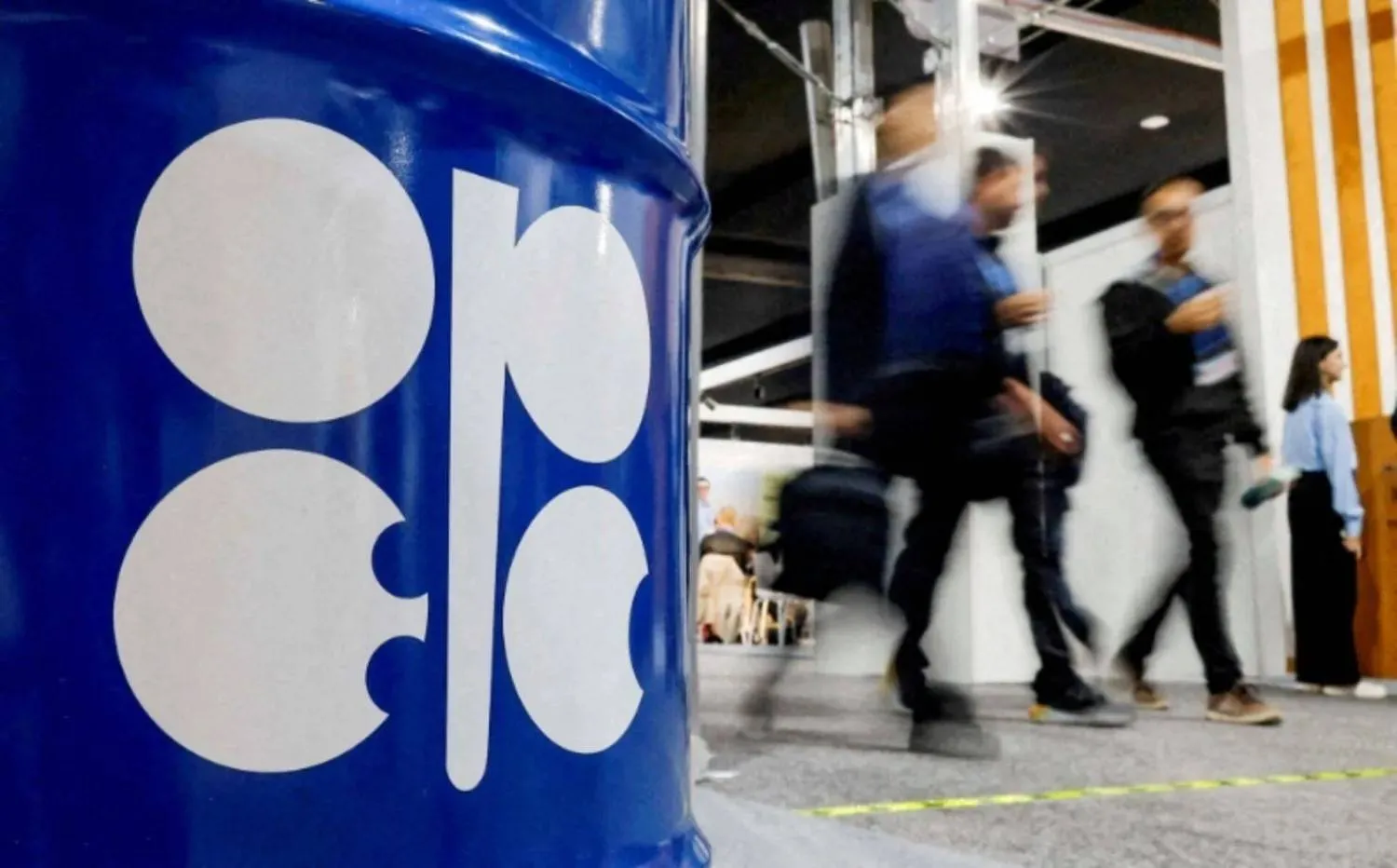Foreign direct investment (FDI) flows in Tunisia dropped 14.2 percent during the first half of 2020 compared to same period last year, and during the first three months of the current year the decline was 24.1 percent.
The foreign investments stood at about DT1.1 billion by the end of H1 2020, showing a downward trend over the past two years.
A significant decline was seen in FDI of service sector with 50.8 percent, and industry sector and energy with foreign direct investments dropped 13.3 percent and nine percent, respectively. However, agricultural investment saw an 18 percent increase.
The Tunisian Investment Authority announced that the local market had received 34 projects until the end of July, which means the number of projects has doubled compared to the same period last year, creating about 9,086 job opportunities.
The Tunisian economy shrank 21.6 percent by the end of the second quarter of 2020, which led the Tunisian Confederation of Industry, Trade and Handicrafts, to call upon the government to activate the state of emergency to salvage the economy.
The Tunisian Ministry of Finance had published statistical data on the results of the 2020 budget.
During H1 of 2020, direct tax revenues fell by 11.4 percent, corporate tax dropped 18.7 percent, and income performance also declined by 4.6 percent.
A decline in customs was recorded by 12.9 percent, performance on value added tax decreased 15.5 percent, and consumption declined by 8.3 percent.
As a result of the decline in the state's resources, the government resorted to borrowing, which it hopes would support its resources, amounting to about DT7.2 billion out of the DT11.2 billion allocated in the Finance Law for the year 2020.









